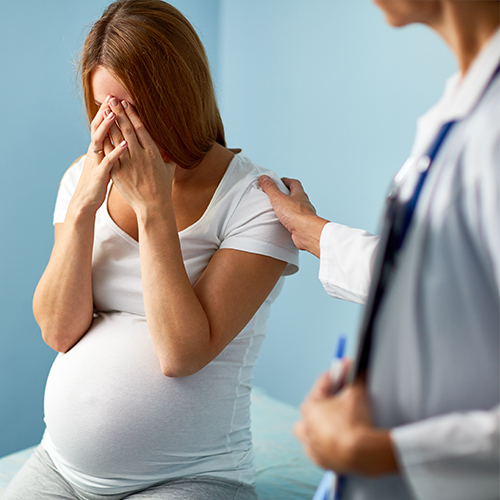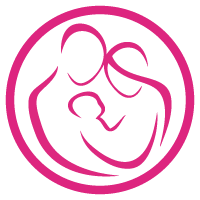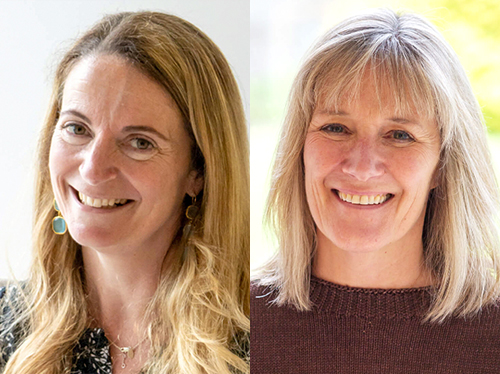 Stress in the Neonate Online Course(s) & Continuing Education
Stress in the Neonate Online Course(s) & Continuing Education
Access the latest clinical skills and research for Stress in the Neonate for NEONATOLOGY professional training. These Stress in the Neonate online courses provide practice-changing skills and valuable perspectives from leading global experts. This Stress in the Neonate education has been accredited for a variety of CEUs / CERPs and can be accessed on-demand, at your own pace.
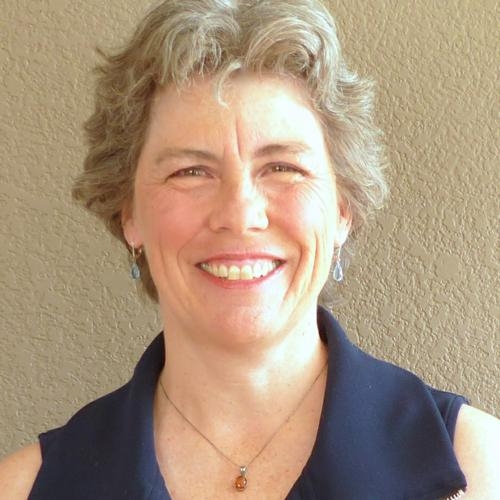
Adverse Babyhood Experiences (ABEs): 10 Indicators of Risk for Infant and Maternal Complications that Highlight Opportunities for Prevention and Repair

Dr. Veronique Mead was a family physician and assistant professor with an obstetrical practice before leaving medicine because she felt she was causing harm. Retraining as a somatic therapist provided insights through a comprehensive understanding of trauma. She has been aggregating the large bodies of evidence revealing how adversity influences health for two decades.
Dr. Mead has developed Adverse Babyhood Experiences (ABEs) to identify risk factors for maternal and infant mortality and morbidity, chronic illness and other effects. ABEs focus on risk from preconception to a child’s 3rd birthday to emphasize how effects of trauma are influenced by epigenetic and other nonpsychological mechanisms. Her focus highlights how opportunities for prevention, healing and repair are greater than has been recognized. Dr. Mead is a speaker, educator, and writer who shares the science on her blog, Chronic Illness Trauma Studies.
Maternal mortality rates are improving around the world but preventable deaths remain unacceptably high, such as in the US where rates are the highest of any developed country, continue to increase, and are associated with severe racial disparities.
Adverse babyhood experiences (ABEs) are a new construct identifying 10 categories of adversity that increase risk for complications and death in mothers and infants. In this emerging era of trauma-informed care, ABEs provide opportunities to optimize resilience through practical strategies for prevention, treatment and repair. ABEs serve as indicators of risk for low birth weight, preterm birth, neonatal intensive care, and chronic illness later in life, among other poor outcomes for infants; and for miscarriage, still birth, other complications and negative outcomes for mothers, including postpartum depression, which is a leading cause of maternal death. ABEs further the science of adverse childhood experiences to highlight a distinct group of risk factors occurring prior to a child’s 3rd birthday.
Attendees will be able to identify early indicators of risk in babies and parents; understand how effects of trauma occur through epigenetics and are not psychological; learn of practices for reducing risk in the sensitive periods before and after birth, and for repairing effects of ABEs later in life; and part with knowledge to inform choices in management and treatment interventions that optimize clinical outcomes.
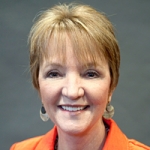
Interdisciplinary Neuroprotective Practice Standards and Perinatal Mental Health in the NICU

Dr. Craig lives in metro Atlanta, GA., is an Associate Professor and the Department Chair of Brenau University’s School of Occupational Therapy program. She has been practicing for 35 years, received her degree in OT at the Medical College of Georgia, her MBA from the University of Alaska-Fairbanks, and her PhD in Infant and Childhood Disorders with emphasis in Mental Health and Developmental Disabilities from Fielding Graduate University. Jenene currently serves as the Director of Education for National Association of Neonatal Therapists (NANT). She is also on the executive committee of the Board of Directors for the National Perinatal Association. In addition to consulting with several local NICUs, Jenene works PRN at a regional Level III NICU. She serves as a national speaker for the care of premature infants and families embattled in the stressful environment of the NICU. Jenene’s personal passion is to support multidisciplinary work in the NICU with a focus on parent-infant outcomes.
Hospitalization of a baby in a Neonatal Intensive Care Unit (NICU) has been described as a traumatic experience for both parents and baby leading to higher rates of postpartum depression and posttraumatic stress disorder in parents and to adverse developmental, cognitive and behavioral outcomes in their infants. The focus of care in the NICU has been broadening and evolving to emphasize the importance of supporting the family-infant relationship, since ultimately, the well-being of the family affects the well-being of the baby. Research documents that NICU parents both desire and benefit from psychosocial support from NICU staff, yet many staff, including neonatologists and neonatal nurses, do not feel they have adequate skills to support these needs. NICU staff need knowledge and tools beyond what typical healthcare education provides. Interdisciplinary recommendations for work toward best practice around psychosocial support of infants/parents and staff are presented.
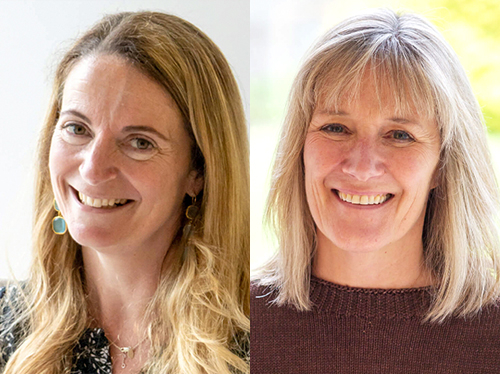

Emily Hills is co-author and co-founder of Sensory Beginnings Ltd, she is a Clinical Specialist Neonatal Occupational Therapist at Royal Free London NHS Foundation Trust. Emily is a certified neonatal therapist (CNT). She has completed her MSc in Advanced Neonatal Studies at Southampton University. Emily is NIDCAP certified and lectures on The Family and Infant Neurodevelopmental Education (FINE) programme in the UK. Emily has completed Neonatal Touch and massage certification (NTMC) and has completed the advanced course in The Prechtl General Movement Assessment. She is a senior Brazelton trainer and lectures on both the Neonatal Behavioural Assessment Scale (NBAS) and Newborn Behavioural Observation (NBO). She is an Advanced Practitioner in Sensory Integration.
Lindsay Hardy is the Director of Clinical Services at PACE, where she leads a multidisciplinary team of therapists, providing therapy to children from 0- 19 years and support to their families. Lindsay has led the development of the Pace Early Intervention Service for children 0-3 years and their families. Lindsay has designed content and taught post-graduate courses in the field of paediatric occupational therapy, sensory integration, cerebral palsy, early intervention & developmental neurology. Lindsay was involved in the start-up of national organisations Sensory Integration Network UK & Ireland and EISMART. She is co -founder and co-author of Sensory Beginnings Ltd
Human neurobiology is highly sensitive to stressors. Adverse early life experiences create stress that have the possibility to change brain chemistry, anatomy and gene expression. These changes can predispose a baby to impaired emotional regulation, poor cognitive development, and increased risk of cardiovascular, metabolic and immune system dysfunction. In addition, chronic stress can become trauma and have a long term effect. In the neonatal unit the infant, parents and staff are experiencing stress. This presentation will focus on the role of sensation and how we can use sensory experiences to create healing environments, enhance optimal development and minimise stress and trauma.

Touch a Life, Impact a Lifetime: The Therapeutic Value of YOU

A leader in neonatal nursing, Mary Coughlin MS, NNP, RNC-E has pioneered the concept of trauma-informed care as a biologically relevant paradigm for hospitalized newborns, infants, and their families. An internationally recognized expert in the field of age-appropriate care, Ms. Coughlin has over 35 years of nursing experience beginning in the US Air Force Nurse Corp and culminating in her current role as President and Founder of Caring Essentials Collaborative. A published author of a myriad of manuscripts, chapters and textbooks, Ms. Coughlin has mentored close to 10,000 interdisciplinary NICU clinicians from over 14 countries to transform the experience of care for the hospitalized infant and family in crisis.
Early life adversity and the associated toxic stress literally gets under our skin and is embedded in our biology. Authentic nurturing experiences during early life, or the lack of them, are directly linked to mental health outcomes. The sense of touch plays a salient role in social relationships with important neurodevelopmental and psycho-socio-emotional outcomes. Healing presence and authenticity underlie caring actions, attitudes and behaviors. This talk will introduce the biological underpinnings of our unique therapeutic value in the clinical setting.

View Details / Enroll



